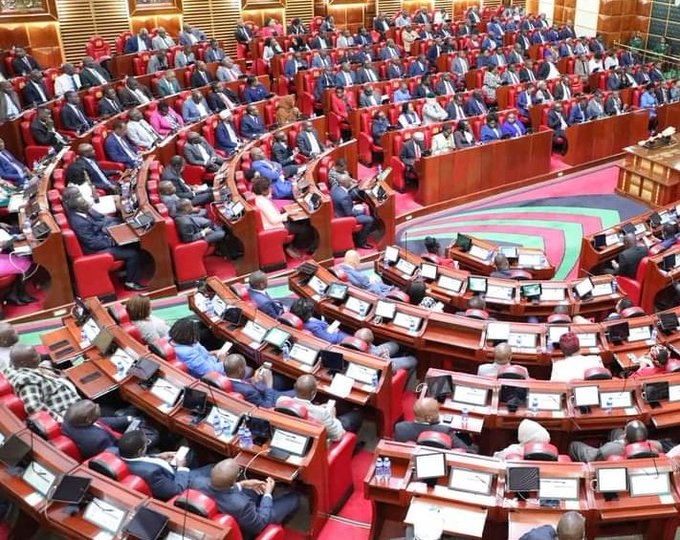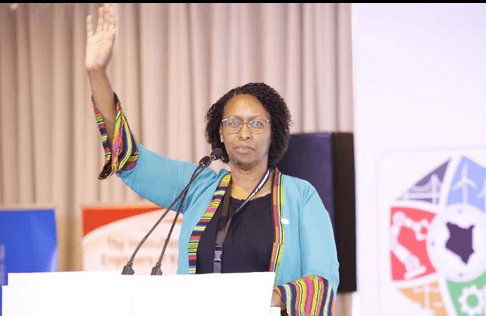The Nairobi County Government is now demanding half of the revenue generated from Nairobi National Park.
The move is the latest agitation by devolved units to gain from natural resources at their disposal.
Kenya Wildlife Service director general Erustus Kanga revealed this on Friday, highlighting the increasing determination by counties to take over some of the parks.
“As I speak, I have a letter from the Nairobi county on my desk. It wants half of the revenue generated from Nairobi National Park,” Kanga said.
In the letter, Kanga said Governor Johnson Sakaja gave him an account number where KWS will deposit half of the amount generated from the park.
The director general was among guests who attended the launch of the National Biodiversity Coordination Mechanism at Serena Hotel, where Environment PS Festus Ng’eno was the chief guest.
Other guests included Conservation Secretary from the Tourism Ministry John Chumo, Wildlife Research Training Institute CEO Patrick Omondi, World Wide Fund for Nature-Kenya head of Conservation Jackson Kiplagat and Innocent Kabenga from the International Union for Conservation of Nature.
The National Biodiversity Coordination Mechanism has been designed to strengthen the coordination of biodiversity conservation efforts and facilitate collaboration and knowledge sharing.
It also seeks to align actions to meet Kenya’s national targets and global commitments, including those under the Convention on Biological Diversity.
During the financial year 2023/2024, KWS generated a revenue of Sh7.67 billion, an impressive increase of Sh2.3 billion from the previous financial year, making it the highest-ever generated internal revenue.
Total visitors increased by 37 per cent, from 2,322,224 in FY 2022/23 to 3,181,424 in FY 2023/24.
The Nairobi National Park currently generates Sh1.2 billion.
The park hosts a wide variety of wildlife including the endangered black rhino, lions, leopards, cheetahs, hyenas, buffaloes, giraffes and a diverse birdlife with over 400 species recorded.
Those who visit the park can enjoy picnic sites, three campsites and the walking trails for hikers.
Kanga said there is a need for the country to address equitable sharing.
The DG said Kajiado wants to take over Amboseli National Park not because they want to manage it, but because they want to benefit from resources in the park.
The national government has proposed to hand over the management of Amboseli National Park to Kajiado county.
The Ministry of Tourism has already formed a 26-member advisory committee to oversee the transfer.
“They just do not feel that they benefit,” Kanga said.
Kanga said Taita Taveta is also angling to have 50 per cent of revenue collected from the Tsavo National Park.
It is estimated that Kenya collects more than Sh60 billion from Tsavo East and West national parks annually.
The two parks are Kenya’s largest and oldest protected area, occupying at least 60 per cent of the county.
Kanga said Nakuru county is also angling to benefit from revenue from the parks within its area.
He said Aberdare National Park is also facing a similar challenge of takeover.
Kanga said with equitable sharing, the noise of takeover agitation by various countries will end.
PS Ng’eno challenged Kanga to have an equitable sharing formula in place saying it will help the sector chart the challenges.
Ng’eno said the carbon credit regulations captured how benefits ought to be shared.
















